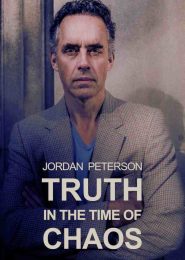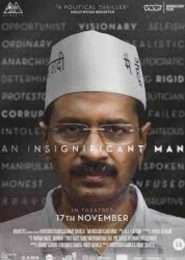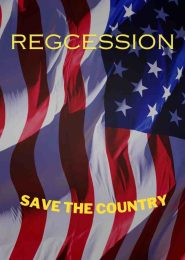Trump’s Trade War (2018)
Trump’s Trade War begins by setting the stage for what is arguably one of the most significant economic confrontations of the modern era. The documentary outlines President Trump’s decision to impose tariffs on billions of dollars in Chinese imports, a move that shocked global markets and signaled the start of a high-stakes trade standoff between the world’s two largest economies.
The film delves into the ideological divide that led to the trade war. It highlights the long-standing grievances of the United States regarding China’s trade practices, including allegations of technology theft and unfair business practices. The documentary underscores the escalation of these tensions into a full-blown trade conflict.
A significant portion of the documentary is dedicated to the internal debates within the White House. It provides a glimpse into the heated discussions and strategic planning that underpinned the administration’s trade policy. Former officials and advisors offer insights into the intense disagreements over the use of tariffs as a tool to counter China’s economic policies.
Trump’s Trade War doesn’t shy away from discussing the global repercussions of the trade war. It examines the effects on international supply chains, the volatility it injected into financial markets, and the broader implications for global economic stability.
Beyond the macroeconomic analysis, the documentary also focuses on the human element—the impact on workers, businesses, and consumers. It tells the stories of those who found themselves on the front lines of the trade war, facing uncertainty and adapting to a rapidly changing economic landscape.
The film concludes by reflecting on the uncertain future of US-China relations. It leaves viewers with a sense of the complexity of the trade war and the challenges ahead as both nations navigate this new phase of economic rivalry.
The documentary encourages viewers to consider the long-term effects of such economic confrontations. It’s a narrative that invites us to think critically about the intersection of politics, economics, and the global order.




